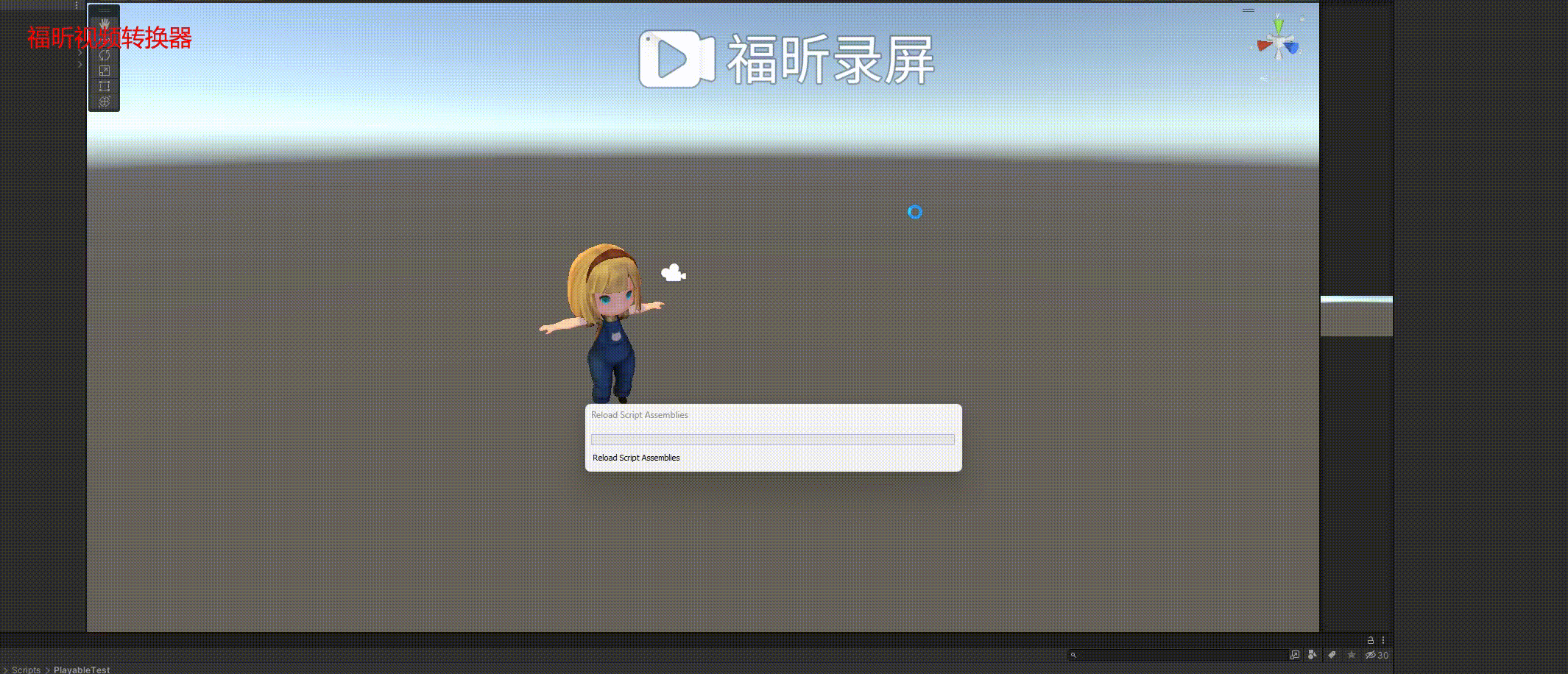一、纯前端验证码
场景
防止机器人或脚本高频提交,需用户完成验证后才能触发请求。
Vue 前端实现
<template>
<div>
<button @click="showCaptcha">提交订单</button>
<div v-if="captchaVisible">
<img :src="captchaImage" alt="验证码" />
<input v-model="captchaInput" placeholder="输入验证码" />
<button @click="verifyCaptcha">验证</button>
</div>
</div>
</template>
<script>
export default {
data() {
return {
captchaVisible: false,
captchaImage: "",
captchaInput: "",
captchaKey: "", // 后端生成的验证码唯一标识
};
},
methods: {
async showCaptcha() {
// 向后端请求验证码
const res = await this.$axios.get("/api/captcha/generate");
this.captchaImage = res.data.image;
this.captchaKey = res.data.key;
this.captchaVisible = true;
},
async verifyCaptcha() {
// 提交验证码到后端校验
const res = await this.$axios.post("/api/captcha/verify", {
key: this.captchaKey,
code: this.captchaInput,
});
if (res.data.success) {
this.captchaVisible = false;
this.submitOrder(); // 验证通过后执行实际提交
}
},
submitOrder() {
// 实际业务请求
this.$axios.post("/api/order/create");
},
},
};
</script>
C# 后端实现
[ApiController]
[Route("api/captcha")]
public class CaptchaController : ControllerBase
{
private static Dictionary<string, string> _captchas = new Dictionary<string, string>();
[HttpGet("generate")]
public IActionResult GenerateCaptcha()
{
// 生成随机验证码(示例简化,实际需生成图片)
var code = new Random().Next(1000, 9999).ToString();
var key = Guid.NewGuid().ToString();
_captchas[key] = code;
return Ok(new
{
key = key,
image = $"data:image/png;base64,{GenerateBase64Image(code)}" // 生成图片的Base64
});
}
[HttpPost("verify")]
public IActionResult VerifyCaptcha([FromBody] VerifyRequest request)
{
if (_captchas.TryGetValue(request.Key, out var validCode) && validCode == request.Code)
{
_captchas.Remove(request.Key);
return Ok(new { success = true });
}
return Ok(new { success = false });
}
}
二、禁用按钮
场景
防止用户重复点击提交按钮,前端临时禁用按钮。
Vue 前端实现
<template>
<button
@click="handleSubmit"
:disabled="isSubmitting"
>
{{ isSubmitting ? '提交中...' : '提交订单' }}
</button>
</template>
<script>
export default {
data() {
return {
isSubmitting: false,
};
},
methods: {
async handleSubmit() {
if (this.isSubmitting) return;
this.isSubmitting = true;
try {
await this.$axios.post("/api/order/create");
} finally {
this.isSubmitting = false;
}
},
},
};
</script>
三、调用限制(后端频率限制)
场景
限制客户端在固定时间窗口内对同一接口的调用次数。
C# 后端实现(基于内存缓存)
[ApiController]
[Route("api/order")]
public class OrderController : ControllerBase
{
private static MemoryCache _requestCache = new MemoryCache(new MemoryCacheOptions());
[HttpPost("create")]
public IActionResult CreateOrder([FromBody] OrderRequest request)
{
var clientIp = HttpContext.Connection.RemoteIpAddress.ToString();
var cacheKey = $"rate_limit_{clientIp}";
// 检查请求频率(示例:10秒内最多3次)
if (_requestCache.TryGetValue(cacheKey, out int count) && count >= 3)
{
return StatusCode(429, "请求过于频繁,请稍后再试");
}
// 更新计数器
_requestCache.Set(cacheKey, count + 1, TimeSpan.FromSeconds(10));
// 实际业务逻辑
return Ok(new { success = true });
}
}
四、假排队(前端模拟排队)
场景
通过前端动画或提示缓解用户等待焦虑,实际请求仍按正常流程处理。
Vue 前端实现
vue
<template>
<div>
<button @click="mockQueue">立即抢购</button>
<div v-if="isInQueue">
<p>排队中,前方还有 {{ queuePosition }} 人...</p>
<div class="loading-animation"></div>
</div>
</div>
</template>
<script>
export default {
data() {
return {
isInQueue: false,
queuePosition: 0,
};
},
methods: {
async mockQueue() {
if (this.isInQueue) return;
this.isInQueue = true;
this.queuePosition = Math.floor(Math.random() * 10) + 1; // 模拟随机队列位置
// 模拟排队等待(实际请求在后台发送)
await new Promise(resolve => setTimeout(resolve, 2000));
try {
await this.$axios.post("/api/purchase");
this.isInQueue = false;
} catch (error) {
this.isInQueue = false;
}
},
},
};
</script>
<style>
.loading-animation {
width: 20px;
height: 20px;
border: 2px solid #ccc;
border-top-color: #333;
border-radius: 50%;
animation: spin 1s linear infinite;
}
@keyframes spin {
to { transform: rotate(360deg); }
}
</style>
总结与对比

实际建议:
组合使用:验证码 + 后端限流可有效防御自动化攻击。
用户体验优先:禁用按钮和假排队适合提升用户感知。
监控与告警:结合日志监控异常请求模式(如Nginx或ELK)。


















